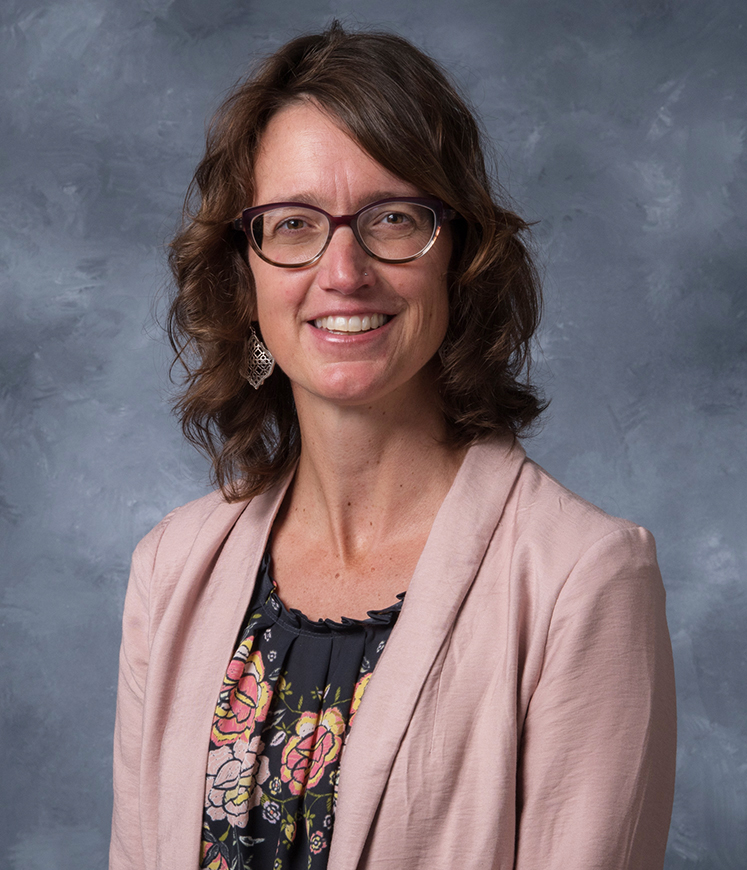By Emily Delgado
Cornelia Lang, College of Liberal Arts and Sciences associate dean for undergraduate education and professor in the Department of Physics and Astronomy, has been appointed to lead a prominent National Science Foundation committee.

Lang currently serves as chair of the NSF Mathematical and Physical Sciences Advisory Committee (MPSAC). Seventeen members from the math and physical sciences serve on the committee with diverse expertise and backgrounds in the fields of chemistry, physics, astronomy, materials research, and mathematics. A range of institutions are represented by the members, including Brown University, the University of California, the University of Chicago, and Rutgers University.
This federal advisory committee provides advice and recommendation to the National Science Foundation concerning programs and initiatives which impact the mathematical and physical sciences. The committee also provides guidance on scientific policy, strategy, and assessment.
“Serving on this committee has been a fantastic opportunity and now serving as chair is a tremendous honor,” Lang says. “I am proud to represent the University of Iowa and the interests of our physical science and mathematics researchers in this role as well as learn about the impact that NSF programs have on our scientific and educational community.”
Lang began her multi-year term as a member of the committee in Spring 2020. Her appointment as chair of the MPSAC began in the fall of 2022 and she will be in the position for 18-months ending her service as chair in the spring of 2024.